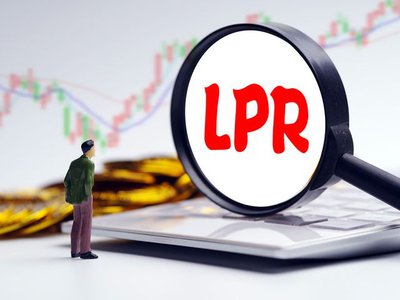Your credit score is the second most important number in your life after your Social Security Number. Credit scores impact your ability to work, get insurance, access utilities, and rent or purchase a home. Unfortunately, most people couldn’t tell you their credit score. Getting and maintaining a good credit score saves you thousands of dollars a year.
Mortgages, Car Loans, and Credit Cards
Uniformly across all lending industries your credit score determines the interest percentage you pay for a loan. For instance, if you apply for mortgage or a home equity loan, borrowers with a credit score of:
- 720 or better, will get the lender’s lowest rate of interest.
- 675 – 718, will pay ½ or 1 percent higher than the lowest rate.
- 620 to 675 will pay 2 percent more in interest.
Scores under 620, often won’t qualify for a loan with that lender, or will be moved to the “sub-prime” lending pool.
Similar interest variances occur with car loans and credit card offers. Some credit cards carry interest rates as high as 18 percent or more.
Employment
employers require a background check before they offer employment. A background check always includes a credit check. Know that when you give written permission for a background check, you are also giving permission for a credit check. Both private and government employers require credit and background checks, particularly if you are applying of a position in finance or retail, or a position where a security clearance and confidentiality are vital.
Insurance
Perhaps the best kept secret in the industry is that the better your credit score, the lower your premiums. That secret applies to homeowners insurance and car insurance, and more and more insurers are using your credit score to help determine premiums for life and health insurance. The reason, according to the Insurance Information Institute, is that drivers with poor credit file 40 percent more claims than drivers with good credit.
Landlords and Utility Companies
Even if you’re a renter, your credit score can determine where you live and what you pay for rent and security deposit. Most landlords require a credit check before they offer you a lease. Statistically, landlords believe that people with good or excellent credit take better care of their property, and they have a track record for paying their bills on time. If your credit is not good, the landlord may require a consignor or a higher security deposit and higher rent payments. Or they may not rent to you at all.
Utility companies use your credit score to determine whether to ask for a deposit. People with good credit scores will typically pay a smaller deposit.
Know Your Rights
The Fair Credit Reporting Act requires that you give written permission for a third-party to check your credit score. Always read the fine print when applying for a job, insurance plan, or a loan. If you are denied credit, employment, or insurance because of the results of a credit check, you must be informed of the reason in writing, along with the name of the credit-reporting company who provided the report.
If you need credit you can also take information about sesame credit score login. It is one of the network of trusted lenders, that provide short-tirm loans - the kind of loans that can save your credit score.






